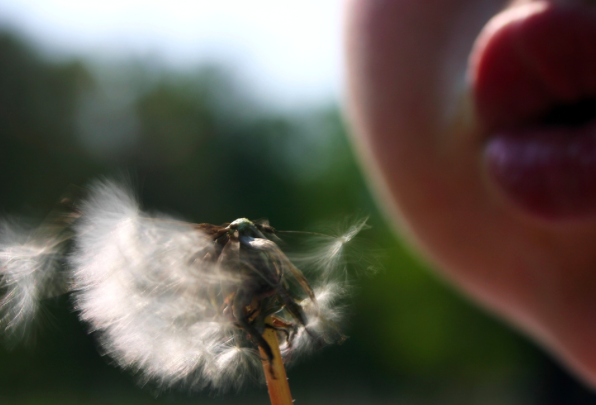Today: A conversation with Shane Tucker!
Shane is a Soul Friend (Spiritual Director) with a focus on artists and creatives, be they “yuccies”, “slashies”, painters, musicians, or any one in need of deeper and more sustaining, soul-level communing.
How we find spark:
Together, we make the Spark My Muse podcast happen.
I prepare something and you digest it.
I invite you to just listen, read the show notes and click on links, and give what you can.
That’s all. :)
• If it’s worth nothing…um what? Are you serious? This just got more awkward..Aw…snap! I sincerely apologize. Let me know what I can improve and please come back and listen again soon!
• If it’s worth one dollar, five dollars, twenty-five dollars, six hundred dollars, a billion-zillion dollars… you get the idea…
simply, tap into the river of gratitude in your heart and contribute what you can– HERE or use that Paypal button, over yonder.
(Of course, since money isn’t everything, you can say “thanks” and help with something that is not monetary, just let me know here. You make fruit pies, right?)
• Use the social share buttons, spread the word, leave a great a review at iTunes…these are all ways to help too. Thanks in advance for your generosity!
Every little bit helps a lot.
Thank you, listeners for making the show heard in 96 countries and a,l 50 of the United States!
With Love,
~Lisa
Podcast: Play in new window | Download (Duration: 51:35 — 70.9MB) | Embed
Subscribe to Spark My Muse Apple Podcasts | Spotify | Email | TuneIn | RSS | Subscribe to Spark My Muse
SHOWNOTES with links and highlights.
Wine Segment:
MINUTE 1:30 On meade and Irish wine
Snapshot of the segment:
• Meade is fermented honey and herbs added.
• Irish wine is (usually) white wine, with some honey and herbs.
• It is still often used during the wine toast in Irish wedding ceremonies.
Sparking your muse!
 A conversation with Shane Tucker:
A conversation with Shane Tucker:
His website
His Twitter
Shane is…
• An ordained Anglican Preist
• A trained Anam Cara (soul friend in the Irish Tradition).
• He lived with his wife and family in Ireland for 11 years!
Conversation (podcast) notes:
MINUTE 3:00
How Shane and his wife and family happened to live in Ireland for 11 years.
4:15
How God begins to grow dreams in us
Working at the Willow Creek Church
People have long said that still seems true. When foreigners come that end up being more Irish than the Irish themselves.
7:20
One of the most potent lessons learned from the Irish was the necessity to put people first. They take time to connect with each other and share life.
9:00 A sense of call to minister to artist and creatives.
9:40 On why he feels a passion to serve the creative community: “I believe the creative of today is the prophet of old”. It is a prophetic call.
10:10
“Creatives are called to paint a picture of the future that God is calling us all into. His Kingdom coming.”
10:50
“When a creative (person) using their gift…it taps into something deep inside of us and reverberates…and it feels like echoes of home.”
12:00
Jesus invites us to “walk with me and work with me.”
12:20
answering: What is Spiritual Direction (or soul friendship) actually?
13:00
A soul friend is “the best friend you’ve always wanted.”
and the Saint Bridgette quote…
13:50
A good picture is in the New Testament of the friends walking to Emmaus and then Jesus come in their midst. Unpacking life.
14:00
“The Soul Friend is someone who helps us see how God has been at work in our lives…so we can (as St. Ignatius says) “to recklessly abandon ourselves to his loving care.”
15:20
The problem with the phrase “Spiritual Director” on two counts so I use “soul friend”.
18:00
How he was trained in soul care and soul friendship
21:00
On becoming an Anglican Priest…
25:00
What he find to be the deepest needs of the creative community he works with?
Affirmation and Presence
30:00
Living in a Creative Age (moving from head to heart)
31:30
There’s an affective moving in society leading with Beauty first and then Truth that leads to freedom.
32:00
Alan Crieder
Behave Belong Believe (in which order should be in what era)
33:20
“What the heart loves, the will chooses, and the mind justifies.”
35:00
The error of focusing too much on trying to convince people just intellectually.
36:00
Ignatian Spirituality
Celtic Spirituality
Soul Friendship
by Rev Ray Simpson (Church of England)
The Celtic Way of Prayer
by Ester De Waal
Holy Companions
42:30
on the hospitality and generosity of Irish spirituality.
The story of an Inn with 7 doors for the 7 roads.
Thank you so much for listening to the show!
To get alerts of the topics and the new and interesting folks coming to the podcast in future episode click HERE.
Here’s a tasting of who’s coming in the next few months:
Mako Fujimura
Nicole Unice
Shane Claiborne
and, yes, more!





